A Deep Dive Into Silent Hill 2
The Haunting Journey of James Sunderland: Silent Hill 2
Untamed and instinctual, my body remembers the feeling of terror that Silent Hill 2 provoked and even now, years later, it grips me like a ghost that refuses to let go. It’s not a normal game in the sense of a forgettable experience, it’s a memory that slithers to every corner of your brain and makes itself a permanent dwelling in your life (or brain). Over the years, I’ve played a lot of horror titles, some that hypnotize you with their atmosphere and others that rely on jump scares, but none come even close to the horrendous personal feelings that Silent Hill 2 evokes.
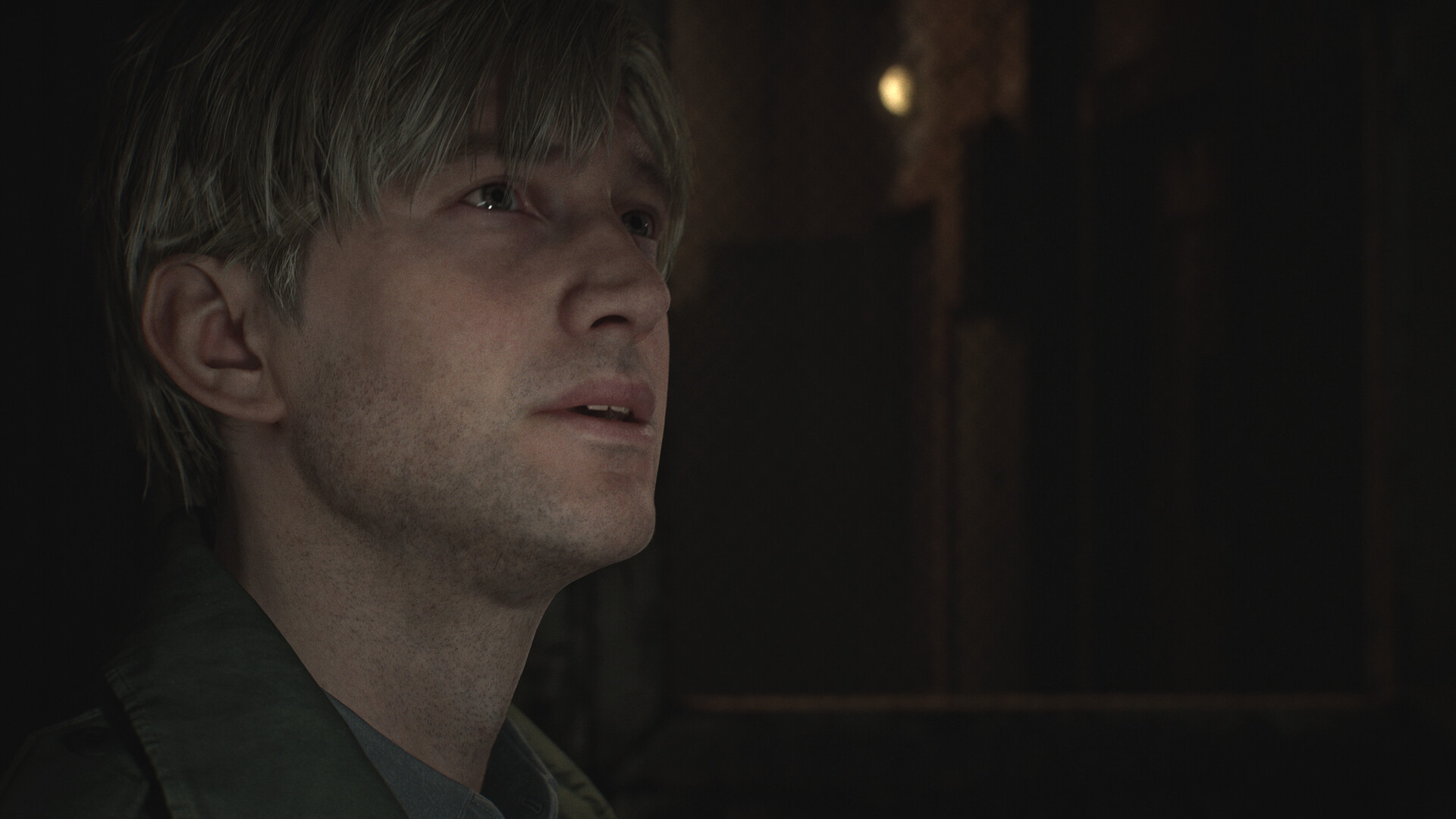
This is not a story about striving for a 100% completion or reminiscing over milestones in New Game+. This is about emotion. It takes guts and creativity to make a game give emotions and capture people how Silent Hill 2 does, your head begs you to explain why, yet you know there is no way out. It encapsulates the entirety of human emotion: From being caged, turbulent, to being messy and too intense to fathom – all packaged in such a way that you are severely unwilling to turn away. It isn’t just survival for James Sunderland; it is tackling grief in its rawest form, while being accompanied by the foggy streets of Silent Hill.
Survival Mechanics That Elevate the Narrative
For those of you familiar with Resident Evil 2, you may remember surviving horror video games through resource exploration. RE2 relies on the tension of juggling healing items, ammo, and key items while moving through the cramped spaces of the game. And yes, that is a big reason why it is so much fun to play over and over again-the mastery of your runs, the efficiency of each of your movements. Silent Hill 2 approaches things differently, though. It does not focus as much on the “gamey” parts of survival horror.
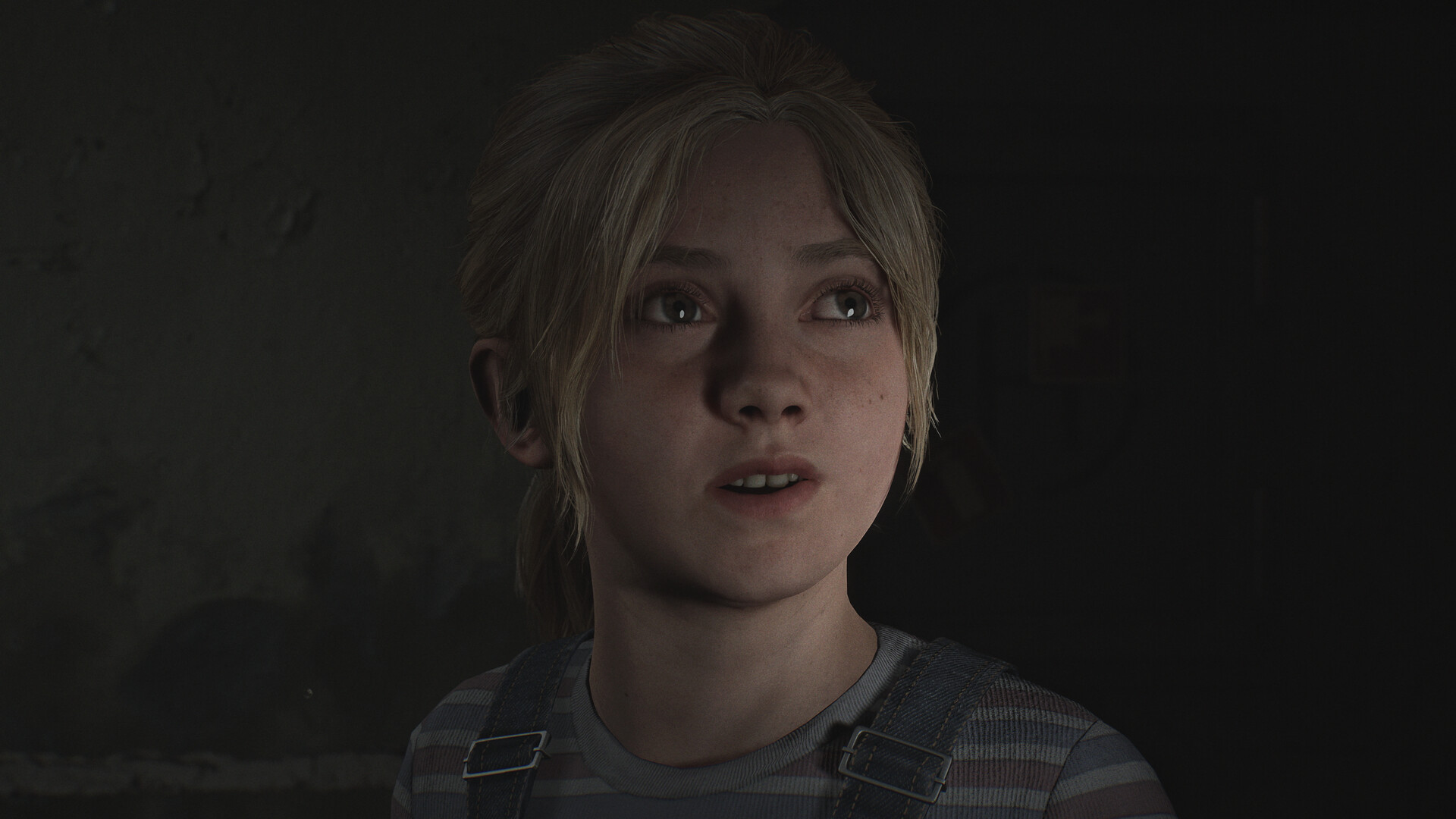
In Silent Hill 2, you are not just trying to manage his resources; you are managing James. More specifically, his fragile psyche, his desperation, and even his guilt. The slow and clunky combat, combined with the game’s limited supplies, aren’t mechanics; they’re an embodiment of his reality. Every shot taken is a decision, and every fight with an enemy- or shall I say, an experience that is meant to share with you something important about James. While it is not replayability in the sense most people understand, it is certainly something that stays with you well after finishing the game.
Balancing Fear and Accessibility
I want to preface this by saying that I am not normally someone who feels comfortable embracing being scared. Outlast, for instance, utterly broke me. The tension was so omnipresent that I was forced to take a break every hour or so. Silent Hill 2, in contrast, is one of the few games that has managed to deconstruct my mind in this way while simultaneously feeling, for lack of a better term, accessible. It’s not so bad that Android crosses its way into fantasy territory, but the fear is so psychological in nature that it is easier to digest. It’s the kind of fear that would give you a knot in your stomach when you think about what lies beneath the metaphor of Pyramid Head or the unsettling forms of the creatures you encounter.
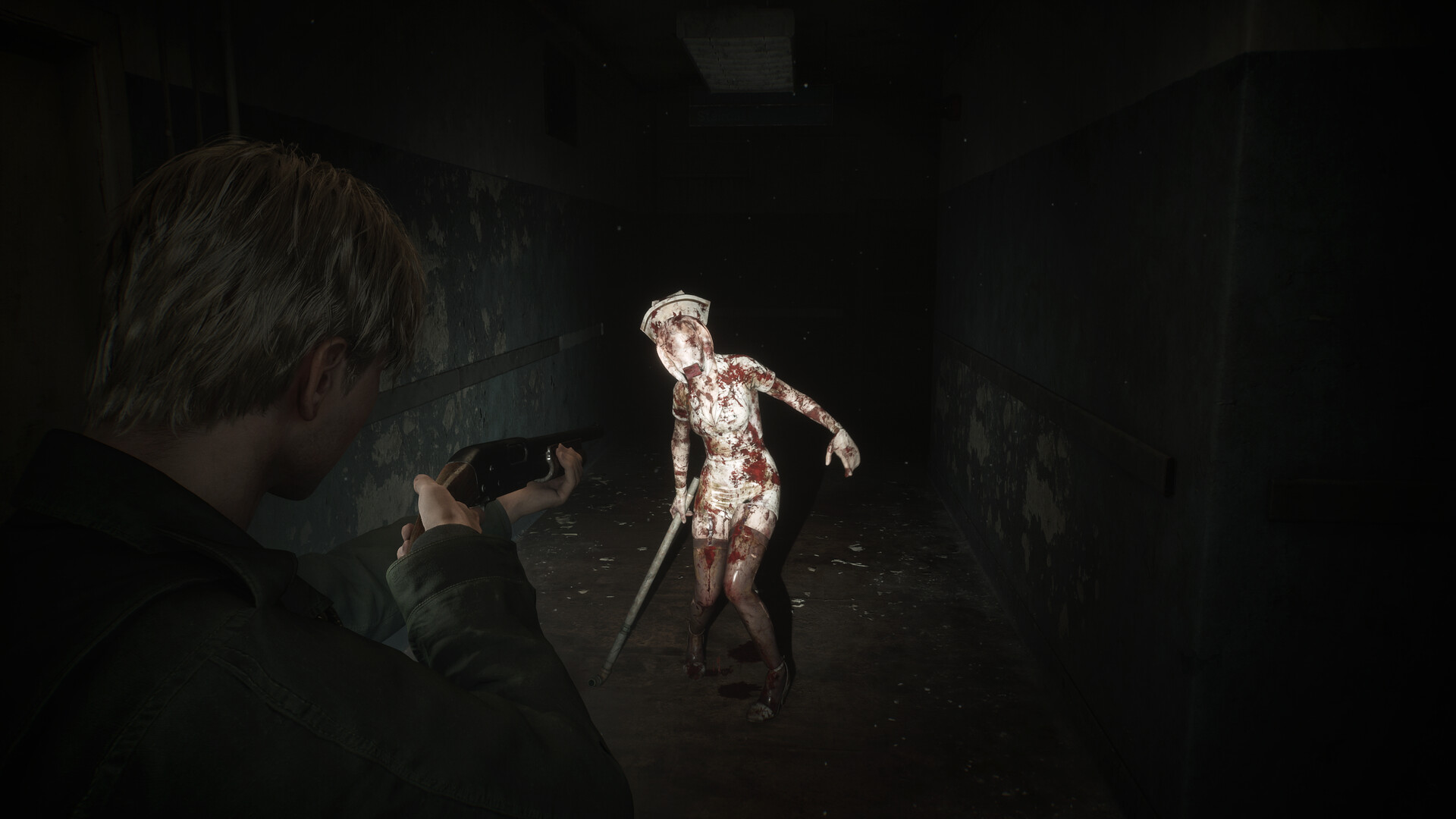
For someone who’s new to horror games, Silent Hill 2 is family-friendly in the pacing department. The game does not throw everything at you immediately. The fog, eerie silence, and thalassophobia. The game gives you a sense of dread but does not overwhelm you and, when it does ramp up, I can assure you that it does so in a way that feels earned. You’re never just scared to scare; every moment of tension has to do with James’s story after all.
James Sunderland: A Complex and Intriguing Character
James? We must discuss James because, frankly, he embodies the essence of why Silent Hill 2 is such a powerful story. He is far from being your ideal video game protagonist. He does not exhibit bravery or strength in any way. Rather, he is depicted as a man who is on the verge of a breakdown, and the game wastes no time in illustrating the many ways in which he is deeply troubled. Just from the moment he begins reading the letter from his deceased wife, Mary, you can sense the overwhelming reality of his sorrowful denial. Indulging deeper into his journey reveals that this weight is rather crushing.
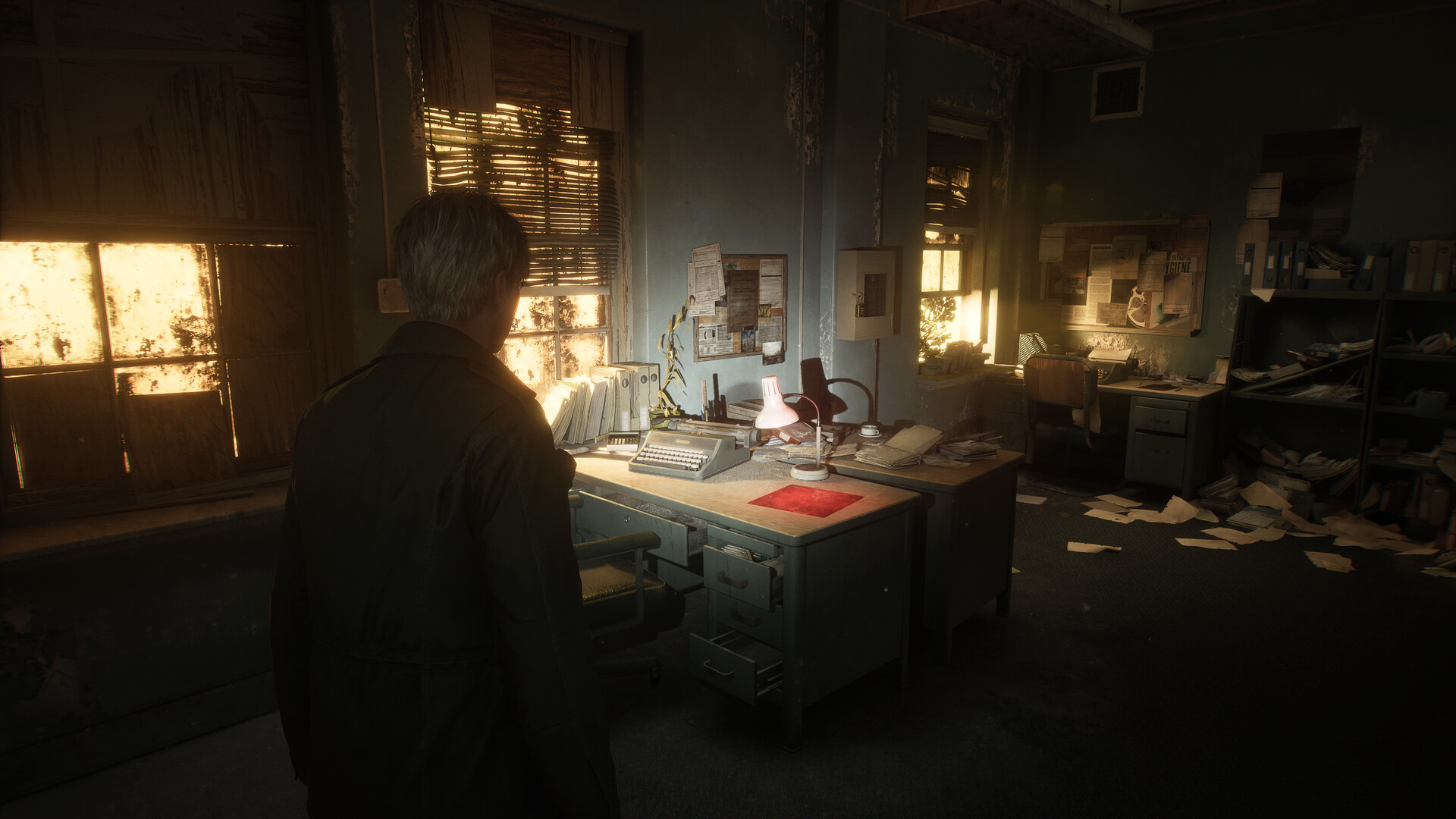
There is this one scene that stays with me longer than any other. It is when James plays the videotape at the Lakeview Hotel. Up until that moment, there is this tiny bit of you that is probably hoping that this is all a poorly made setup and this is just a man looking for closure. But the tape does not hesitate to demolish that illusion. You see James for who he truly is as well as for what he has done, and it is heartbreaking. It is one of those moments in gaming where I was actually left to pause the game, drop my controller, and just try to come to terms with the reality of what I had just seen.
James's multifaceted nature is what makes him, and even if you do not wish to accept it, so relatable. He has traits of selfishness, denial, and his fair share of unforgivable actions (it is human). It seems different. But at the end of the day, he is also human. And humanity is the reason why one way or another, you become invested in his story, even if it is difficult to watch at times.
The World of Silent Hill: A Character in Its Own Write
If James is the heart of Silent Hill 2, then the town of Silent Hill is its soul. The fog-drenched streets and the town of Silent Hill transform both mentally and emotionally. It is as though Silent Hill is alive, feasting on James’ guilt and reflecting back the torment he is encapsulated in.
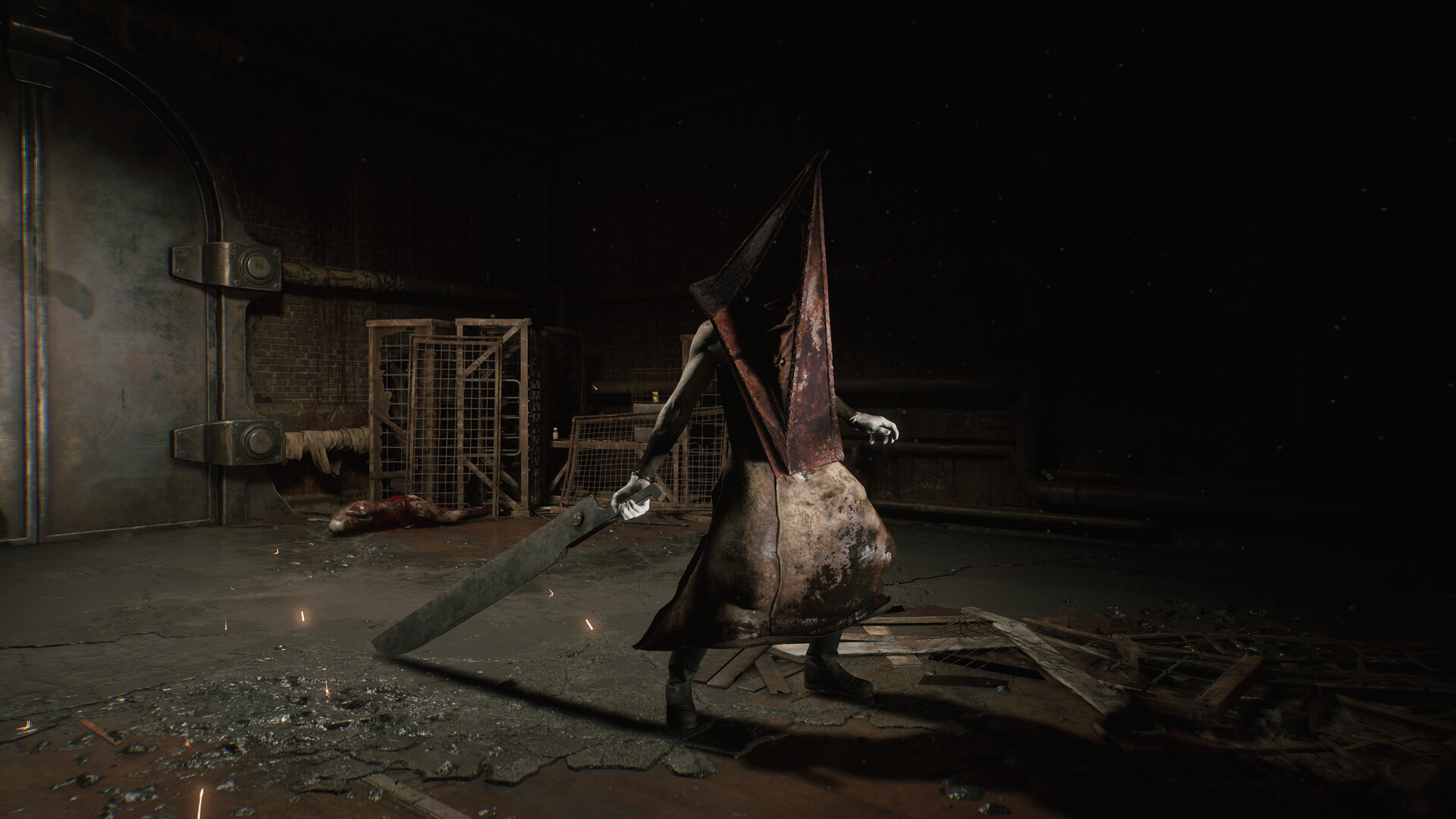
Oh man, the sound design. Akira Yamaoka’s score is haunting in the best way possible. The melancholic piano themes, industrial screeches, and unsettling silences combine to create an atmosphere that is stunning yet destitute. The themes envelop you like a shadow, even when you are no longer playing, as the game lingers in your mind. I cannot say that I liked the sound design, but it serves to execute every intention and goal for the game. Everything feels and sounds just sad. And just like that, the strange screams of pain, the guitar screeching of a pained man, and the burying of bones and sadness force you to think, “Is this what we call music?” One word – deprived.